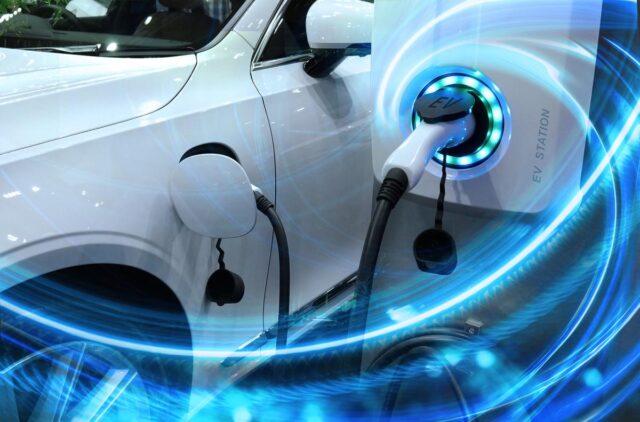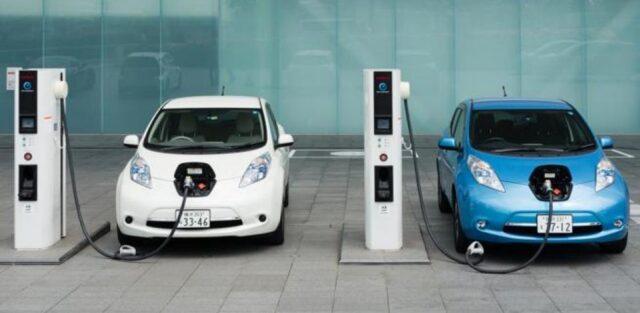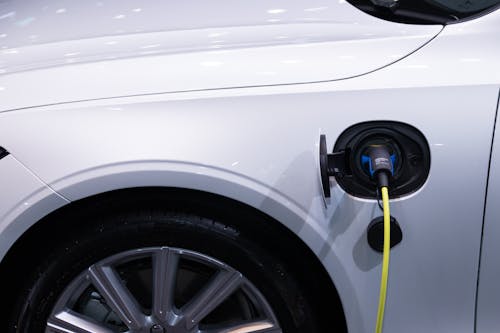Unleashing the Potential of Roadside Electric Car Charging
The Future of E-Mobility: Unleashing the Potential of Roadside Electric Car Charging

Photo by stanvpetersen on Pixabay
As someone who is passionate about the environment and always looking for ways to reduce my carbon footprint, I have been following the development of electric cars closely. One of the main challenges facing the widespread adoption of electric cars is the availability of charging stations. That’s why I’m excited about the potential of roadside electric car charging. In this article, I will explore the benefits of roadside electric car charging, the current challenges in electric car charging, the future of roadside electric car charging, innovations in roadside electric car charging technology, the impact of roadside electric car charging on the environment, roadside electric car charging infrastructure, government initiatives and policies supporting roadside electric car charging, the role of businesses in promoting roadside electric car charging, and how we can all embrace the future of e-mobility through roadside electric car charging.
Introduction to Roadside Electric Car Charging
Roadside electric car charging refers to the installation of charging stations for electric cars along roads and highways. This type of charging infrastructure is essential for the widespread adoption of electric cars because it allows drivers to charge their cars on long trips and in areas where they do not have access to other charging options. Roadside electric car charging is typically provided by public charging stations operated by governments or private companies.
The Benefits of Roadside Electric Car Charging
The benefits of roadside electric car charging are numerous. First and foremost, it allows electric car drivers to travel longer distances without worrying about running out of charge. This is essential for the widespread adoption of electric cars because range anxiety is one of the main reasons people are hesitant to switch from gasoline-powered cars. Roadside electric car charging also reduces the need for drivers to take detours to find charging stations, which can be time-consuming and add unnecessary mileage to their journeys.
Another benefit of roadside electric car charging is that it can help to reduce air pollution and greenhouse gas emissions. By providing more charging options, electric cars can become even more environmentally friendly than they already are. Additionally, roadside electric car charging can help to reduce traffic congestion by allowing drivers to charge their cars quickly and efficiently.
Current Challenges in Electric Car Charging
While roadside electric car charging has the potential to revolutionize the electric car industry, there are currently some challenges that need to be addressed. One of the main challenges is the cost of installation. Installing charging stations along highways and roads can be expensive, and it may not be financially viable for governments or private companies to invest in this infrastructure.
Another challenge is the lack of standardization in charging technology. There are currently several different types of charging connectors and protocols, which can make it difficult for drivers to find compatible charging stations. This can also be a barrier to investment in charging infrastructure because it is unclear which technology will become the industry standard.
The Future of Roadside Electric Car Charging
Despite the current challenges, the future of roadside electric car charging looks bright. As the demand for electric cars continues to grow, governments and private companies will have greater incentives to invest in charging infrastructure. Additionally, advances in technology will make charging stations more efficient and cost-effective.
One of the most exciting developments in roadside electric car charging is the concept of wireless charging. This technology would allow electric cars to charge simply by parking over a charging pad embedded in the road. This would eliminate the need for physical charging stations and make charging even more convenient for drivers.
Innovations in Roadside Electric Car Charging Technology
There are several innovative technologies currently in development that could transform the roadside electric car charging industry. One of these is bidirectional charging, which allows electric cars to not only receive energy from the grid but also to send energy back to the grid. This technology could help to stabilize the grid and make it more resilient to power outages.
Another innovation is fast-charging technology, which allows electric cars to charge much more quickly than traditional charging stations. This technology is essential for long-distance travel because it reduces the time drivers need to spend at charging stations.
The Impact of Roadside Electric Car Charging on the Environment
Roadside electric car charging has the potential to have a significant positive impact on the environment. By reducing the need for gasoline-powered cars, electric cars can help to reduce air pollution and greenhouse gas emissions. Additionally, charging infrastructure can be powered by renewable energy sources such as wind and solar power, further reducing the environmental impact.
Roadside Electric Car Charging Infrastructure and Its Importance
The development of roadside electric car charging infrastructure is essential for the widespread adoption of electric cars. Without adequate charging options, many drivers will be hesitant to switch from gasoline-powered cars. Additionally, charging infrastructure can help to reduce range anxiety and make long-distance travel more feasible for electric car drivers.
Government Initiatives and Policies Supporting Roadside Electric Car Charging
Governments around the world are recognizing the importance of roadside electric car charging and are implementing policies to support its development. In the United States, for example, the Biden administration has proposed a $174 billion investment in electric vehicles and charging infrastructure. Other countries, such as Norway and the Netherlands, have already made significant investments in charging infrastructure and are reaping the benefits of increased electric car adoption.
The Role of Businesses in Promoting Roadside Electric Car Charging
Businesses also have an important role to play in promoting roadside electric car charging. By installing charging stations at their facilities, businesses can attract electric car drivers and show their commitment to sustainability. Additionally, businesses can partner with governments and other organizations to invest in charging infrastructure and promote the benefits of electric cars.
Conclusion: Embracing the Future of E-Mobility through Roadside Electric Car Charging
Roadside electric car charging has the potential to revolutionize the electric car industry and help to create a more sustainable future. While there are currently some challenges to its development, the future looks bright as technology continues to advance and governments and businesses recognize the importance of investing in charging infrastructure. As individuals, we can also play a role in promoting roadside electric car charging by choosing electric cars and supporting the development of charging infrastructure in our communities. Let’s embrace the future of e-mobility through roadside electric car charging and create a cleaner, more sustainable world for future generations.

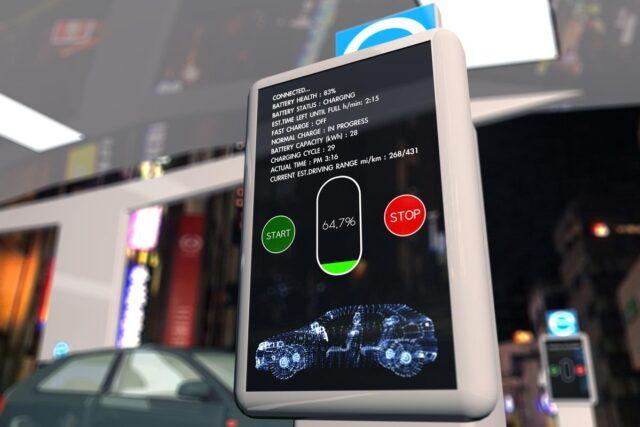
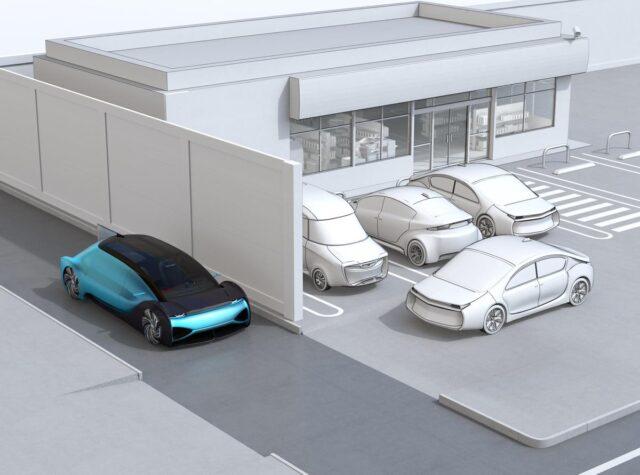

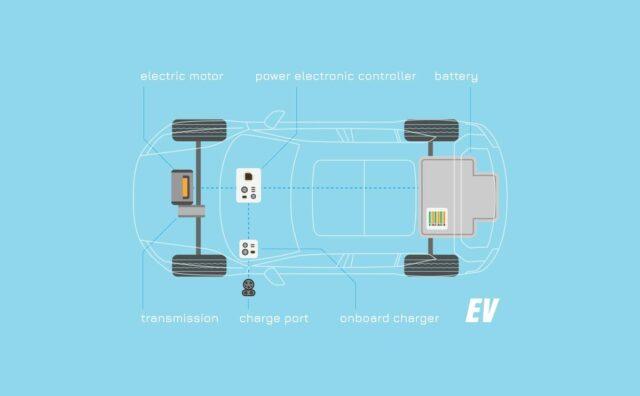


 Photo by
Photo by  Image Source: Unsplash
Image Source: Unsplash






